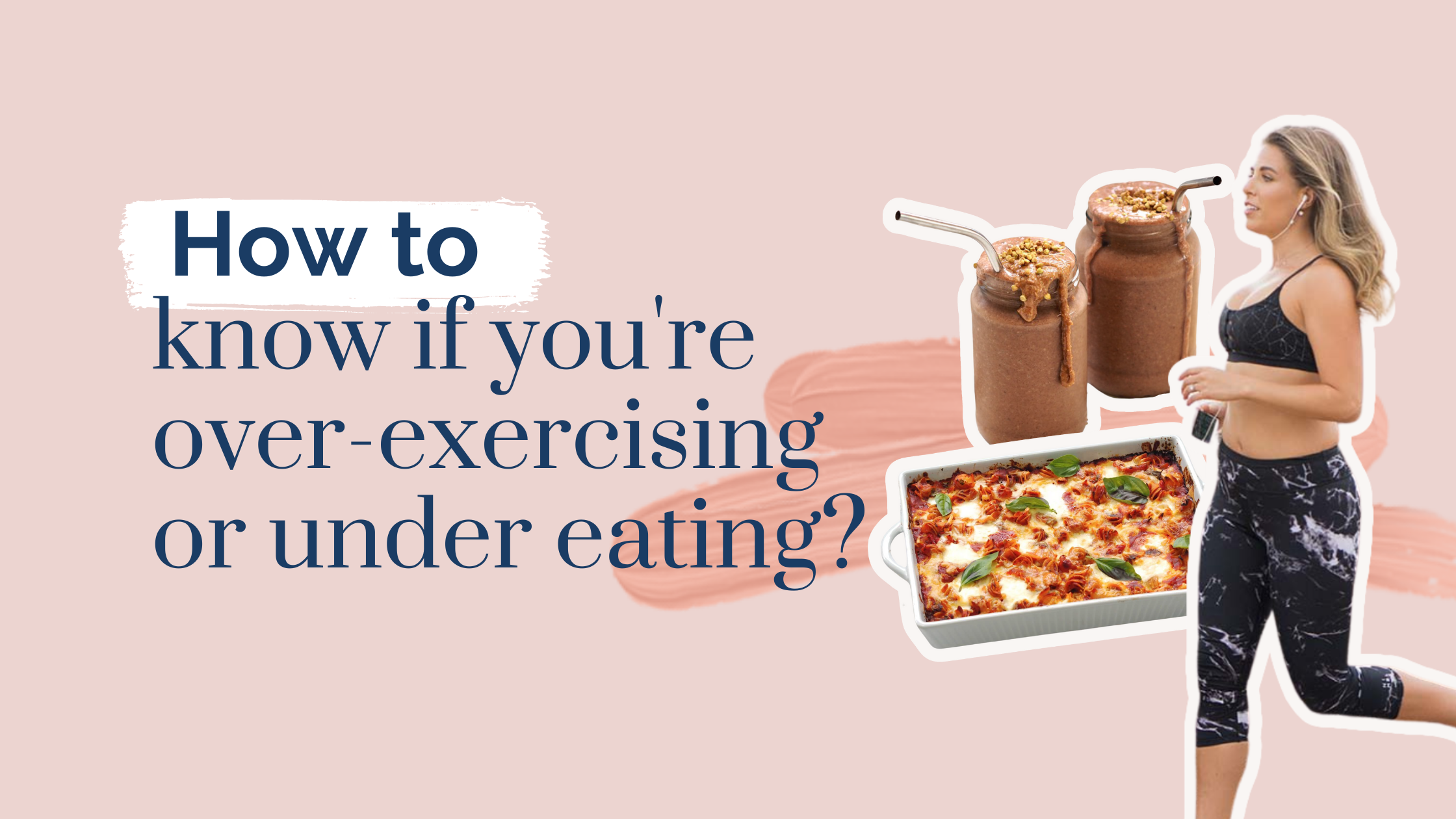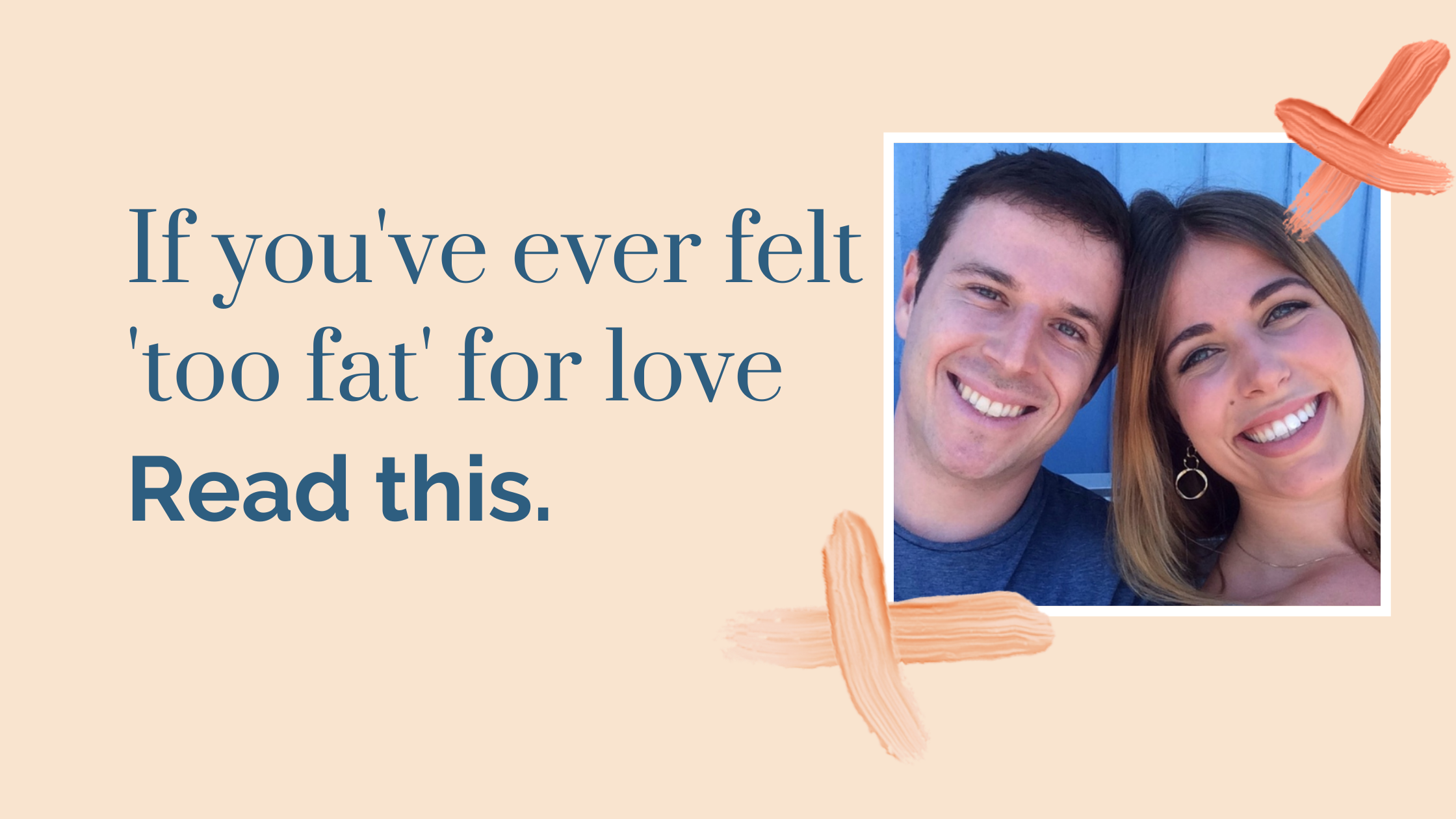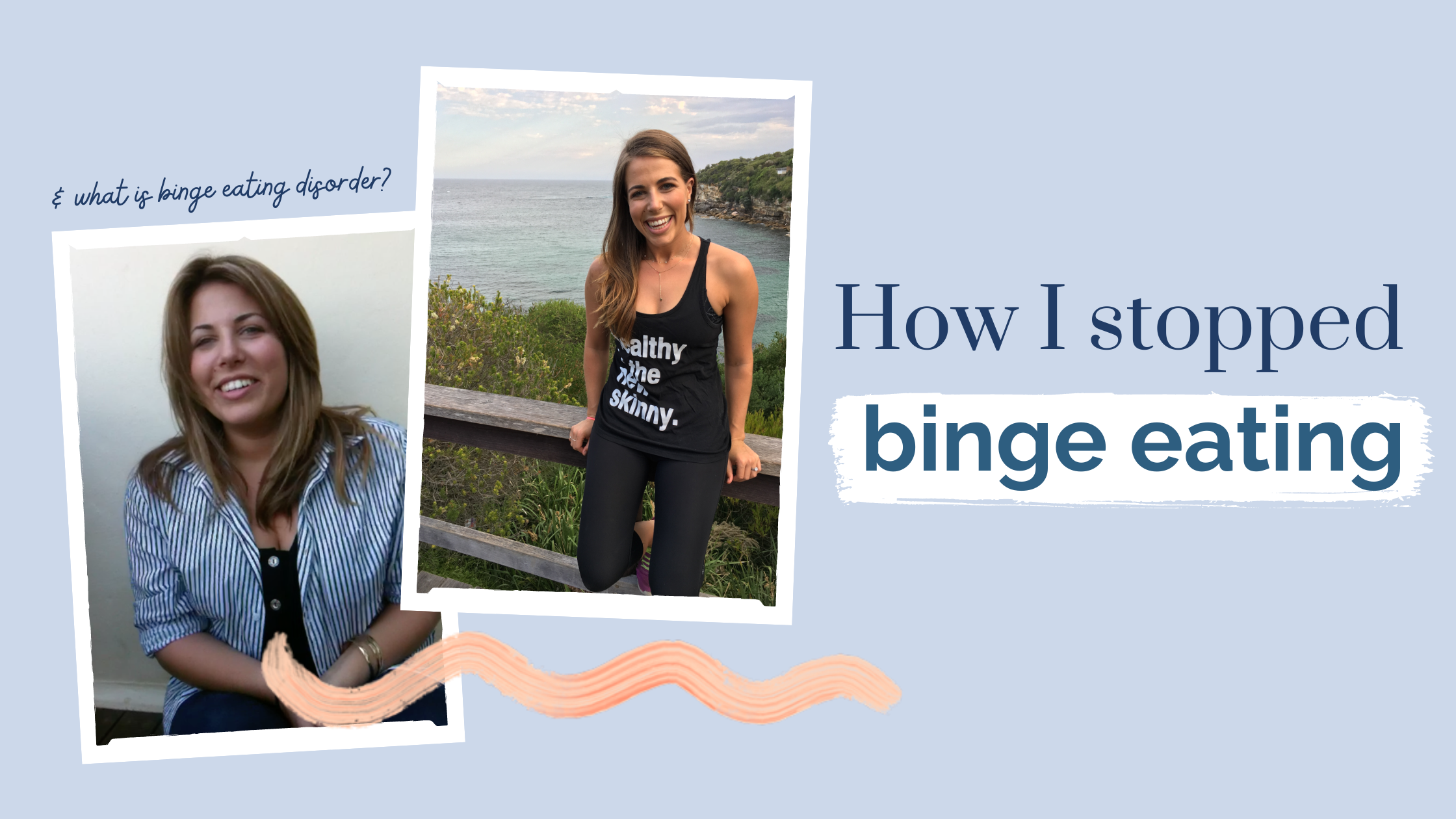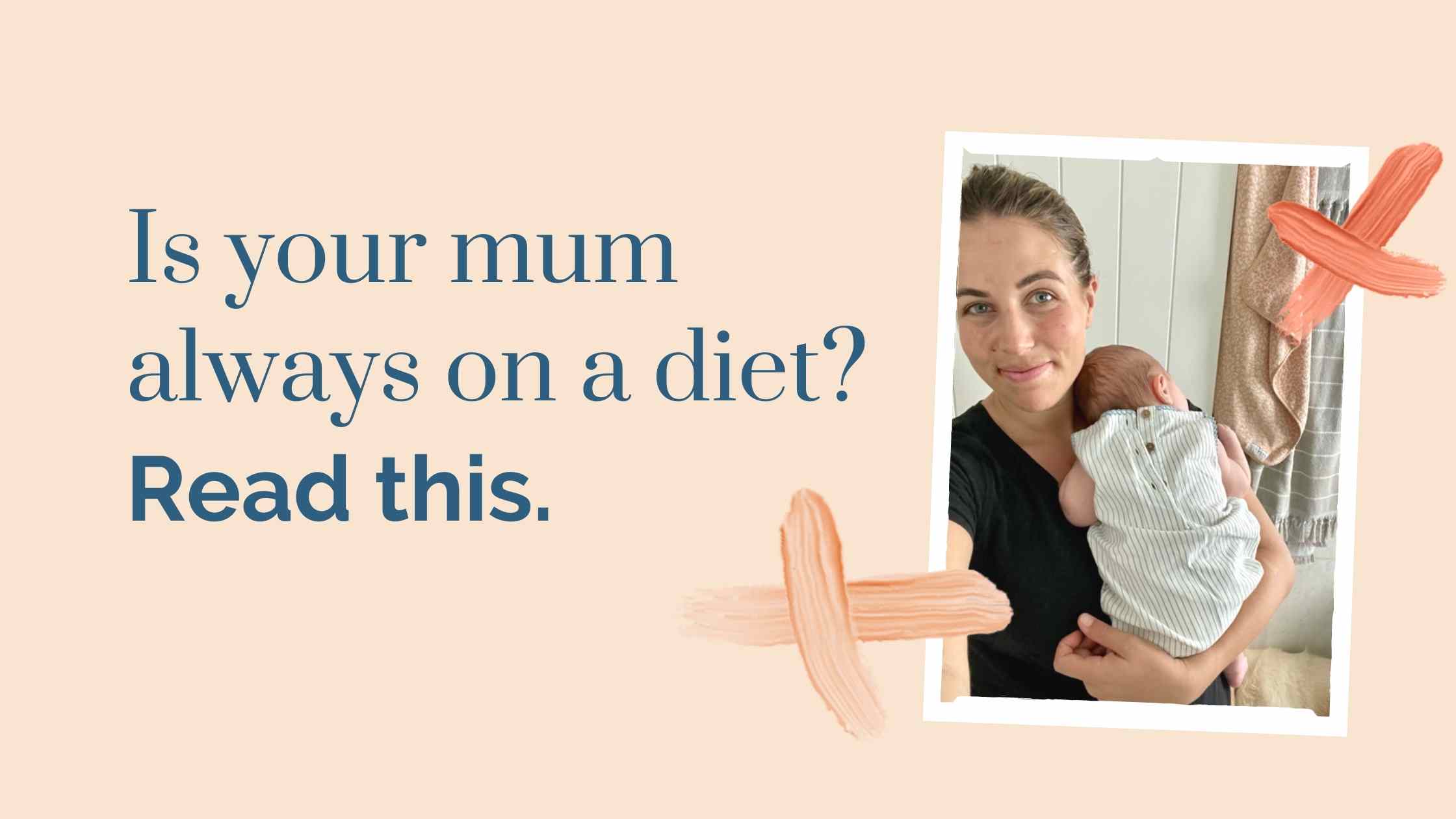How to know if you’re over exercising or under eating
They say you can never have too much of a good thing.
And yes, there are a few things I believe this statement applies to: holidays, puppies, beach swims, Tim Tams (okaaaay, that last one might be debatable).
But two things that can definitely be taken to the extreme are healthy eating and exercising.
Don’t get me wrong – You only get one body, and it’s important to take care of it.
But it is absolutely possible to go overboard with eating healthy and exercising, and you can end up doing far more harm than good.
Here’s why working out and not eating enough can be dangerous.
What happens to your body when you overtrain
When you overdo it with exercise, you never really give your body a chance to properly recover.
This not only increases your risk of injury, but it can hinder your exercise performance, too.
If you push yourself so hard that you end up hurting yourself, it can put you out of action for weeks, months and even years — and you’ll wish you’d just taken that damn rest day!
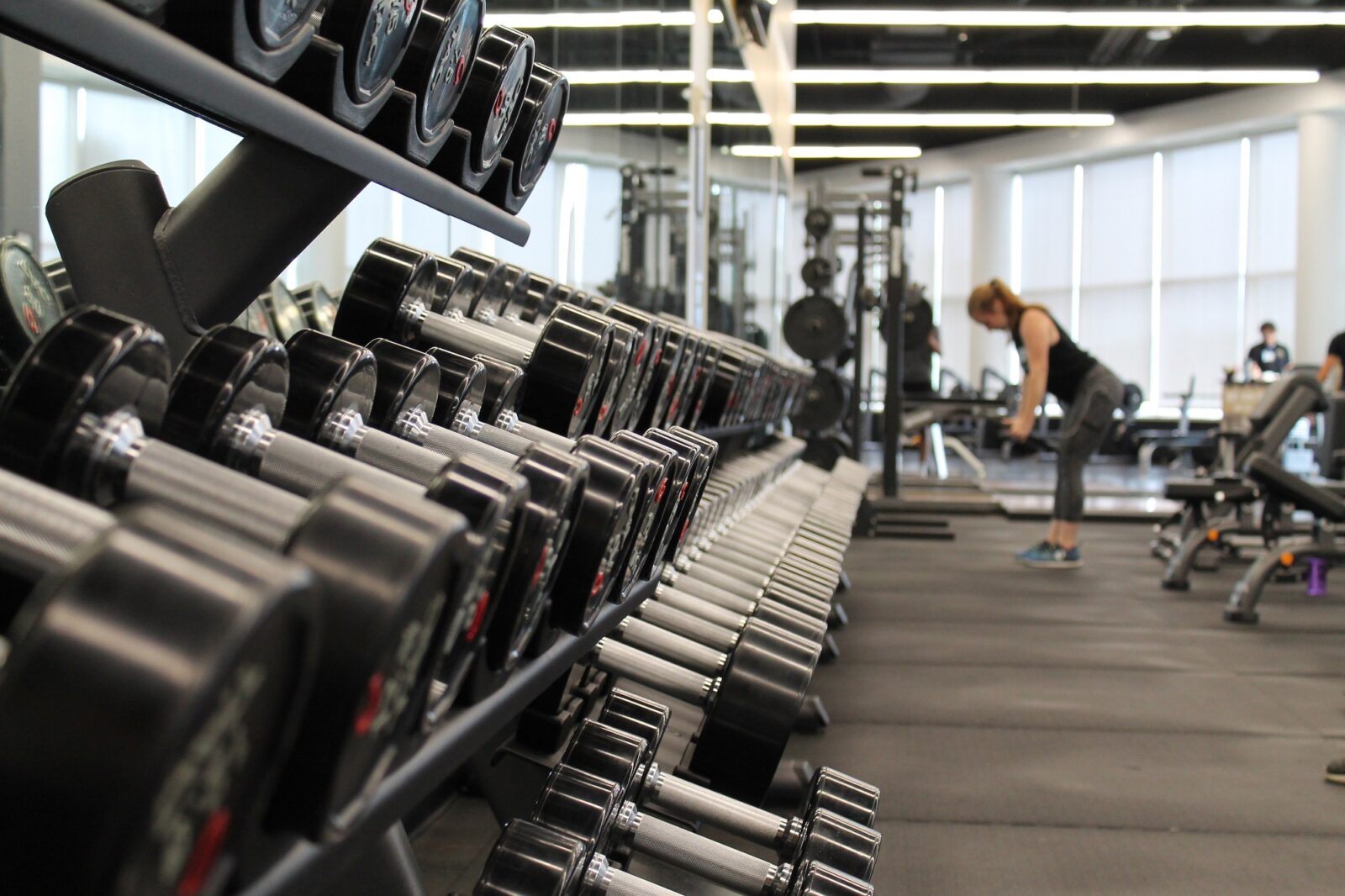
Over exercising can also wreak havoc on your stress levels — both mentally and physically.
If you get into a pattern of over-exercising, you’ll likely feel constant pressure to work out even when you really don’t feel up to it.
Plus, putting unrealistic expectations on yourself can lead to feeling crappy about yourself and negative self-talk on those days you don’t exercise — such as feeling lazy or like a failure.
Then, there’s the physical stress over-exercising puts on your body. If you’re already stressed and you continue to push your body through exercise (especially through HIIT training or other high-intensity cardio), it can send levels of your stress hormone – cortisol – through the roof.
This can not only lead to burnout from exercise but can also slow your metabolism.
You’re much more likely to get sick because your immune system can never really get to where it needs to go. And you bet your gut health is totally affected big time too. You might notice your stomach is sore, bloated or you get IBS fs.
How to know if you’re over exercising
If you’re not a professional athlete, working out more than once per day, every single day without rest, is a pretty good clue you’re over exercising.
I don’t recommend exercising for more than 1.5 hours (that’s the max, my friends, not the goal) per day… assuming you’re also having rest days (without a rest day workout).
And ideally, you should be including a combination of higher intensity exercise (like HITT or a run) with gentle exercise (like yoga or walking). Hello balance!
If you’re training for a special event or purpose, e.g. an Ironwoman, marathon, big ocean swim, and you’re exceeding these boundaries, then get a medical support team including a sports dietitian and sport physio on board.
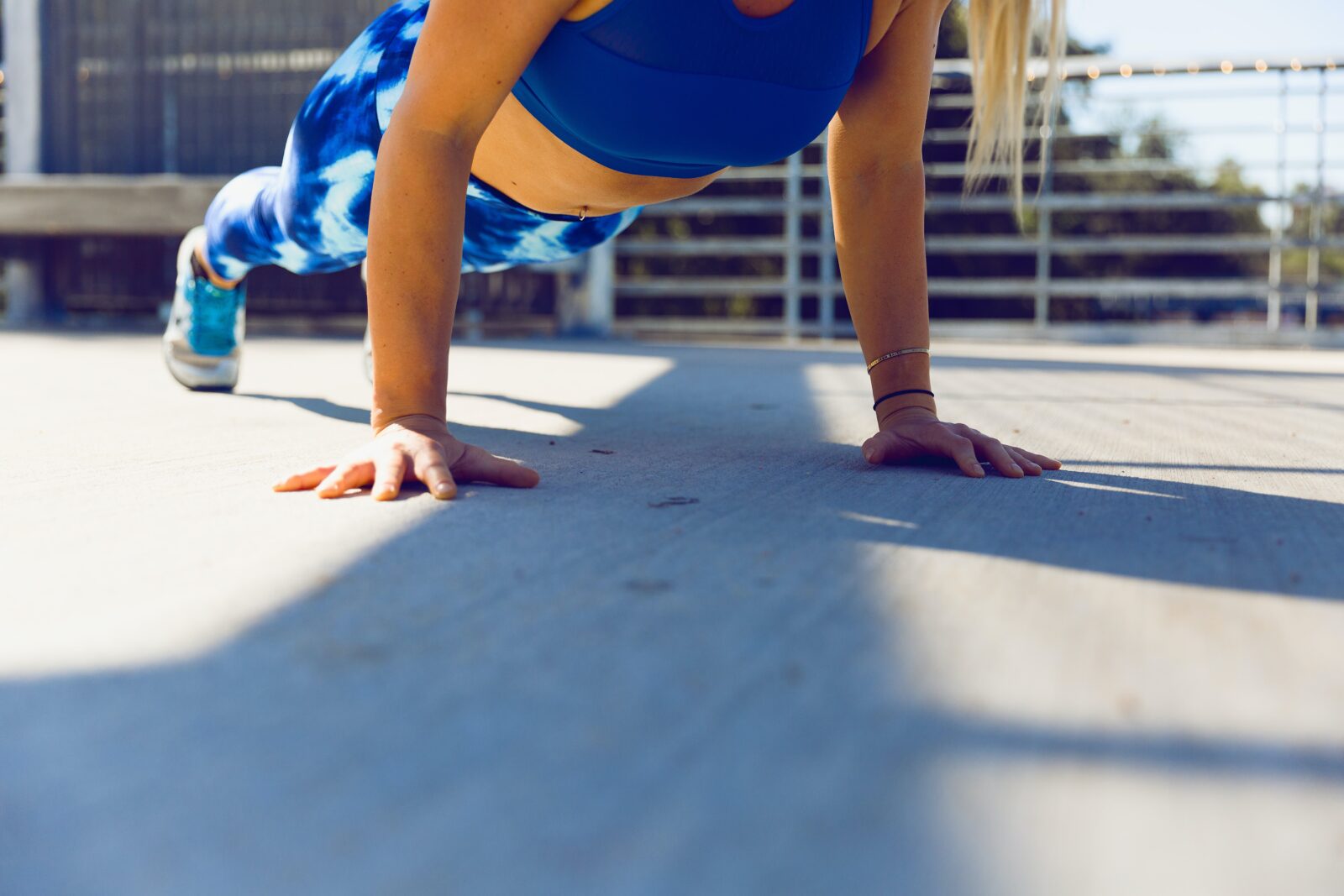
Other telltale signs you’re over exercising or undereating include:
- Constant soreness or feeling exhausted
- Frequently injuring yourself
- Being unable to progress with your weights in the gym
- Being unable to complete your workouts
- Not sleeping well
- Low immunity
- Gut upsets (e.g. constipation, bloating, cramps etc)
- Feeling like you don’t have time for other things in your life, e.g. friends or work
- Dreading exercise
- Losing your period
- Constantly missing out on social arrangements because of your training schedule
- Relationship breakups

A note about losing your period:
Your body is constantly trying to give your signals (aka feedback). Losing your period is a really clear and strong message from your body that something may be out of balance.
It’s not as simple as thinking “Oh, it’s ok. When I start eating more or exercising less, my period will come back”. Sometimes you can do permanent damage. If you’ve lost your period, or it’s ‘all over the shop’, i.e. timing or flow wise, please go have a chat with your GP.
If you want to read more about how understanding my period helped me take better care of my body, check out this blog post.
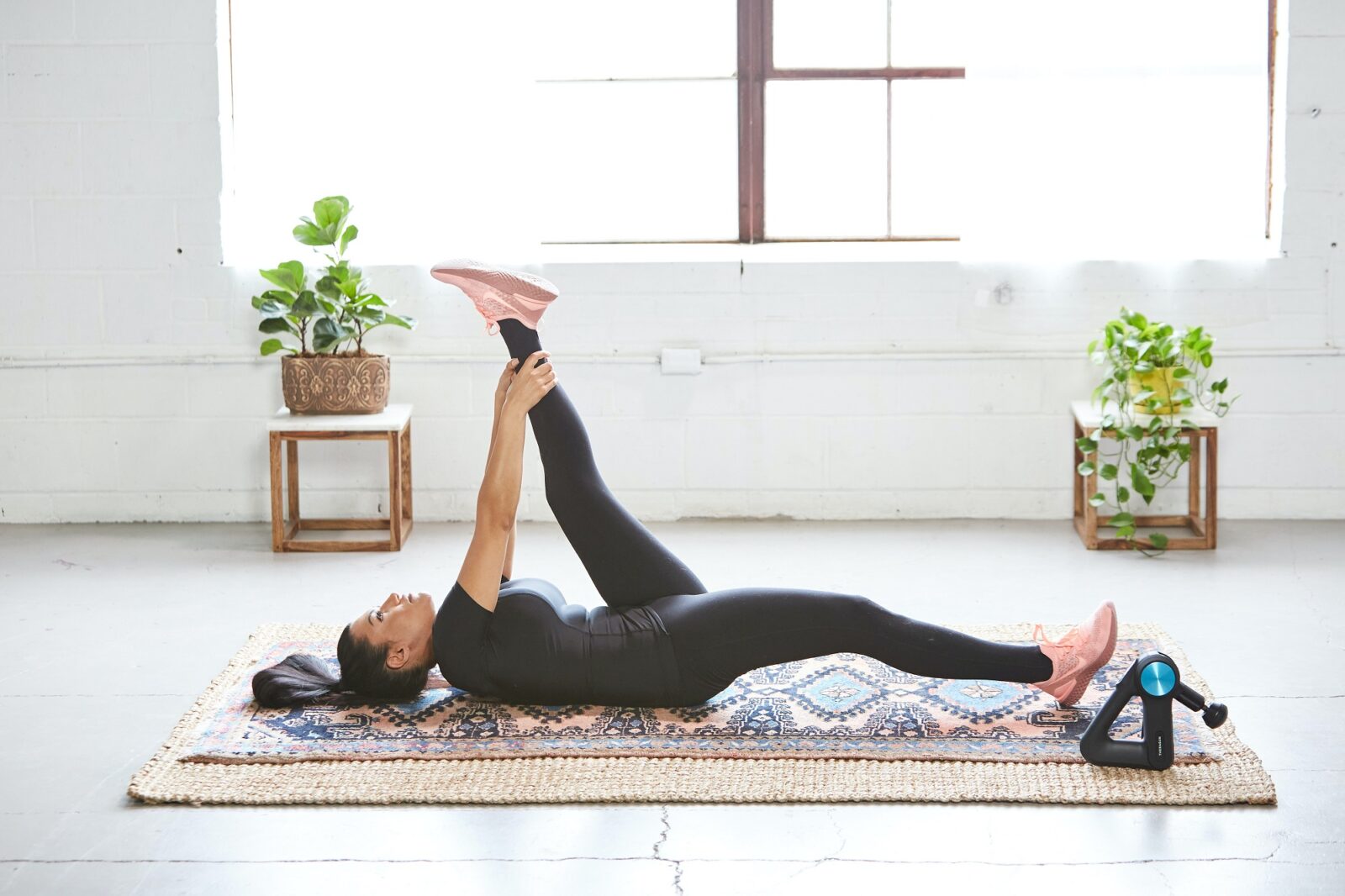
What happens to your body when you undereat — or are too obsessed with ‘eating healthy’?
Research shows that being underweight is MORE harmful to your body than being overweight.
If you’re not eating enough energy, you’re literally starving yourself. If you’re severely under eating, your body functions will eventually start to shut down and it will likely lead to serious health complications.
You know it – and I know it – you can’t live your fullest life on an empty stomach. You’re meant for great things but you can’t reach your potential or live your best life when all you think about is food.
What many people don’t realise is that being overly obsessed with eating ‘clean’ or taking healthy eating to the extreme can also be incredibly harmful.
If you’ve ever been on any type of fad diet that involves cutting out entire food groups (for example a low carb diet), there’s a good chance you were lacking in key nutrients.
This can lead to vitamin deficiencies and make you feel tired, lethargic and moody. Even just doing simple things can feel like a huge effort, let alone exercising!

If you’re under eating to change your body composition, it can also completely backfire.
If you’re not eating enough protein or carbohydrates, it can be nearly impossible to gain lean muscle. Like over exercising, not eating enough can also spike your cortisol levels and slow your metabolism, suck your energy, impact your gut health and sabotage your immunity.
Lastly, let’s not forget about the damaging effect food restriction can have on your mental health and social life.
It can lead to obsessive thoughts, negative self-talk, guilt and anxiety around mealtimes.
Constantly worrying about how much you ate or whether you’re eating the ‘right’ things distracts you from all the important shit you were put on this earth to do! And we can’t have that, because the world needs what you’ve got to share.
How to know if you’re under eating or are too obsessed with eating healthy
Generally, anything under 1000 calories is considered a starvation diet, no matter how little you weigh. It’s not fun and it’s not healthy.
Other signs you’re under eating or may have developed orthorexia (obsession with healthy eating) include:
- Obsessive thoughts about food — what you can and can’t eat
- Rapid weight loss
- Anxiety or guilt around mealtimes
- Low energy levels or mood
- Hair falling out OR increase in body hair
- Difficulty focusing
- Poor sleep
- Social isolation
- Losing your period
Ok… So maybe you’ve worked out that you’re over exercising or under eating. What now?
Here are a few simple steps to help you bring back balance.
Step 1. Go chat to the loveliest GP you know.
GP’s are smart, wonderful people who’ll help point you in a more balanced direction. Don’t like your doctor? Fair enough. Find a new, more lovely one. Ask your friends who they like. Find someone supportive, compassionate and who ‘gets it’. It’s worth it.
Step 2. Do a really serious assessment of who you follow on social media.
WHO are you allowing to influence you? Are they positive influencers or can you see how they’re leading you to adopt extreme and unhealthy habits? Get unfollowing. Opt out of the bullshit and nonsense. Opt into balance and real health.
Step 3. Involve your people
Under eating and over exercising tend to happen in secret, because it’s something we’re tempted to hide for fear of judgement. Know that your people will actually be a big help when finding what ‘normal’ looks like again.
If you’re not ready to share your experience with a whole crew, find a psychologist or counsellor to speak to. If you’re like me, you’ll wonder why you didn’t do it sooner. It’s kinda like gym for your brain…!
Step 4. Channel your energy into becoming someone truly comfortable in their skin.
Remember my loves, you don’t need to compromise your well being to look a certain way. Killing yourself at the gym or starving yourself or missing out on life hasn’t helped you feel worthy enough – and it’s not going to no matter how much you try.
You can’t keep chasing a goal you can’t ever seem to reach.
You are already worthy. You are already good enough. You just need to find a little more balance to help you feel good in your body again.
Learn to be healthy, not obsessed. It’s never too late to bring back balance.
And for the record, Kate Moss had it totally wrong. TRULY…. Nothing feels as good as loving yourself feels.
Before you go…
If you struggle with your body or your weight, it’s likely that diets and diet culture are keeping you stuck in a vicious cycle, full of empty promises and failed attempts. If you want to build real health and body confidence, check out my best-selling book Your Weight is Not the Problem.
Get the deets and access to a free audio sample of the book HERE.


